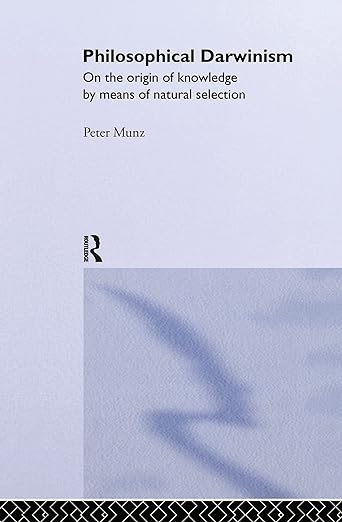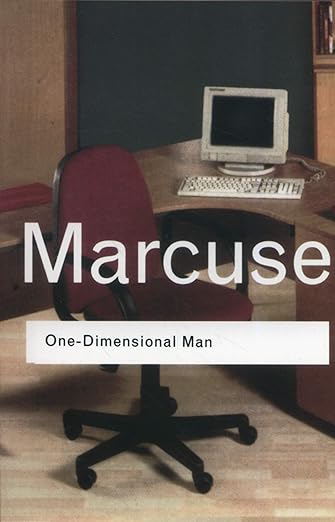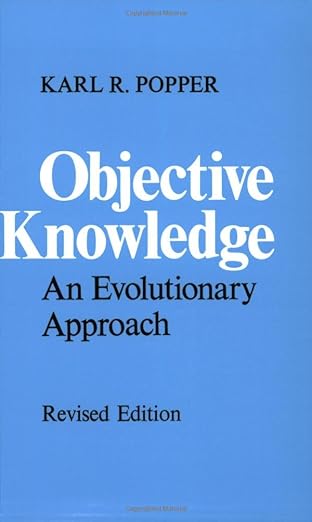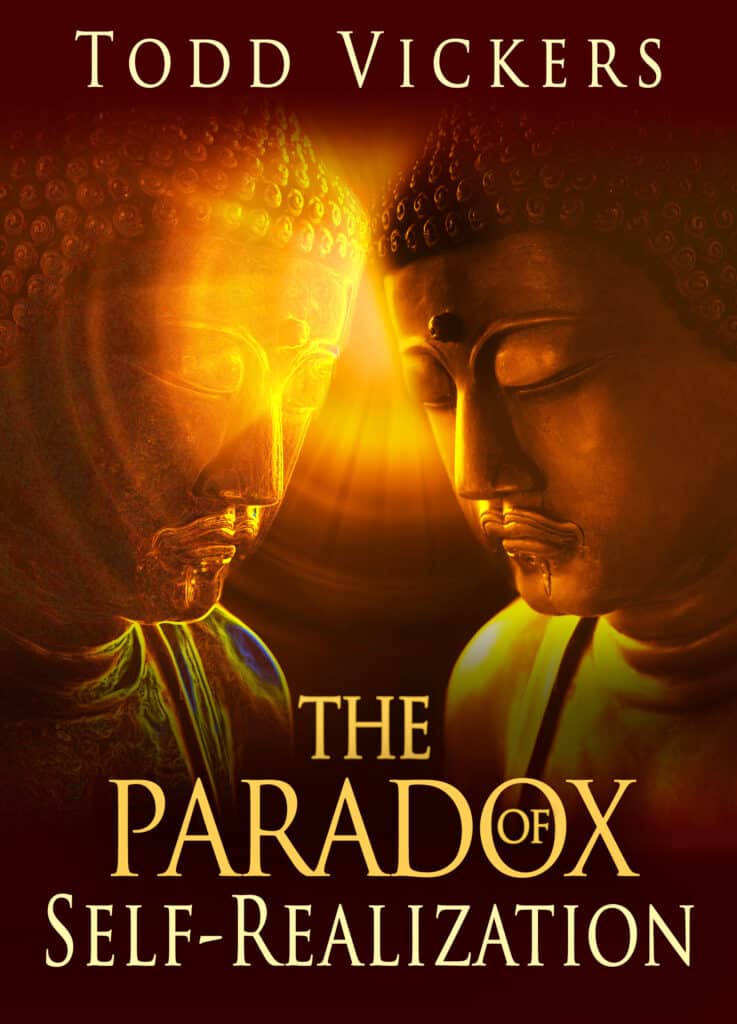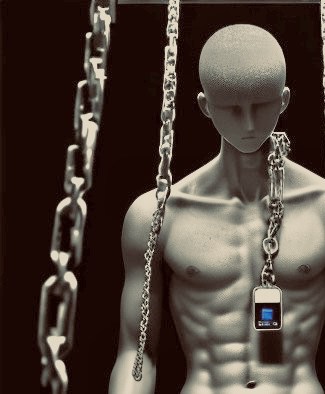
Have you ever found yourself pondering why our attention spans are dwindling in this digital age? After reading Johann Hari’s ‘Stolen Focus: Why You Can’t Pay Attention,’ I wanted to bring in some heavy voices that illuminate Hari’s point about B.F. Skinner’s legacy in today’s digital mass manipulation, shaping our lives both online and offline. I aim to show how philosophers, anthropologists, and sci-fi writers as thinkers have long warned us about this. Here, I explore their ideas with my own reflections on the subject.
1. Breaking Free of Skinner’s Behaviorism in the Algorithm Jungle
Let’s kick off with B.F. Skinner’s behaviorism. Think of it as the OG of the digital world’s manipulation. Data mining rules now; it’s even bigger than oil. Algorithms are getting super smart, pinpointing what makes us tick, and influencing everything from our relationships to Insta likes to what we binge-watch. I agree with Hari that Skinner’s fingerprints are all over this. Companies use their power to influence, to make us swipe, click, and buy without us even realizing it. It’s like we’re in a digital game, and they’ve written the rules.
2. Breaking Free Of Marketing Mind Tricks – The Reality Check
Modern marketing is messing with our heads. It’s like Bertrand Russell’s story of a chicken’s instinct fooled by a fake egg. We’re the chicken, wasting our time sitting on the fake egg. The flashy, feel-alive, exciting, or shocking stuff we see online leaves us wanting more. This mind trip is dripping with the creepy Little Albert experiment from way back, showing just how deep this manipulation thing goes. I’ll circle back to that.
3. Breaking Free of The Puppet Masters of Society
Now, let’s address something that might seem obvious but is often overlooked. The big shots – the ones with the power and money – are like puppeteers pulling society’s strings. They have the power to shift our focus away from major issues like climate change. Think back to the Little Albert experiment, where a child who initially liked a cute, fuzzy animal was conditioned to fear it.
Now imagine that kind of manipulation, with constant little punishments and rewards (likes) but on a massive scale, impacting all of us. It’s a bit like Isaac Asimov’s idea in his ‘Foundation’ series, where he talks about treating large groups of people like a gas. While you can’t predict the behavior of a single gas molecule, you can predict the overall behavior of the gas when subjected to certain conditions. Similarly, these power players can’t control every individual, but they can influence the masses. This is where Peter Munz’s concept of learning through trial and error, not conditioned manipulation, becomes crucial. It’s a wake-up call for us to break free from these invisible strings and think for ourselves, to be more than just molecules in a vast social experiment.
4. Cultural Vibes and Love Life – A Cultural Deep Dive
Our influences from our friends, family, school, or religion make a difference. Let’s take a trip around the world looking at love and relationships. Sarah Blaffer Hrdy’s research shows us how different cultures have their own rules for love and sex. Like, in some places, it’s cool to love whoever, while others have strict rules. Catch her wild story of a Jesuit missionary freaked by the uninhibited sexuality and unknown paternity of children. Then he gets schooled by a Naskapi tribesman about love and children:
‘Thou hast no sense. You French people love only your own children, but we love all the children of the tribe.’
My point is about busting the myths we have about relationships and being cool with how diverse human love can be.
5. Consumerism in the Love Market – Getting Real with Marcuse
Speaking of relationships, Herbert Marcuse hits hard with his take on how consumerism turns everything, even our feelings into products. Ever noticed how many manosphere dudes rate others and even themselves like products, even on how they look? It’s like everything, even beauty and love, is measured by whether or not it has ‘high value.’ Marcuse warns us that this one-track, commodity-driven mindset is making us forget what really matters. Don’t forget genuine feelings and the richness of being real with each other. The good inner stuff.
6. Beyond the Behavior Box – Skinner vs. Popper’s World
Skinner’s got this whole thing about behavior based on rewards and punishments, but it’s impoverishing when you think about it. Contrast this with Karl Popper; it’s not just repetition and imitation, he’s all about discovery, exploring, making mistakes, challenging everything, including our own ideas, and learning something new – the real adventure of life. Skinner’s stuff is like walking on a well-trodden path, while Popper’s inviting us to think new thoughts, blaze our own trails, and find out what is false! It’s about breaking free from the old playbooks and discovering what’s really out there and in here.
We know the net our society gave us lets a lot of things slip through the mesh. And our desire to discover is an innate sense that things could be better. Our discontents become an engine of adaptation and change.
7. Sailing the Ship of Change – Adaptive Learning in Action
Imagine life as a ship we’re rebuilding and improving while sailing it. Breaking free is about adapting as we go, facing everything from climate change to the health crisis caused by junk food. Corporate strategies, rooted in Skinner’s methods, often push us towards choices that suck for our health and are bad for our ecosystem. We need a life-positive approach, balancing business smarts with our well-being and the planet’s health. Here’s a quote from a long time ago,
‘[Criticism is a] means of getting to know, on all the matters which most concern us, the best which has been thought and said in the world.’
Matthew Arnold
So, there you have it – a journey through the psychological undercurrents of our world. From Skinner’s influence in our online habits to the shaping of our views on love, life, and everything in between. We’ve barely seen how deep the rabbit hole goes. It’s about staying aware, challenging norms, and pushing for a life lived well – and by extension, a society that’s not just thriving but authentic and awesome. Let’s keep our eyes open, question everything, and make sure the future we’re building is discovering and sharing the best things for everyone!
By Todd Vickers


